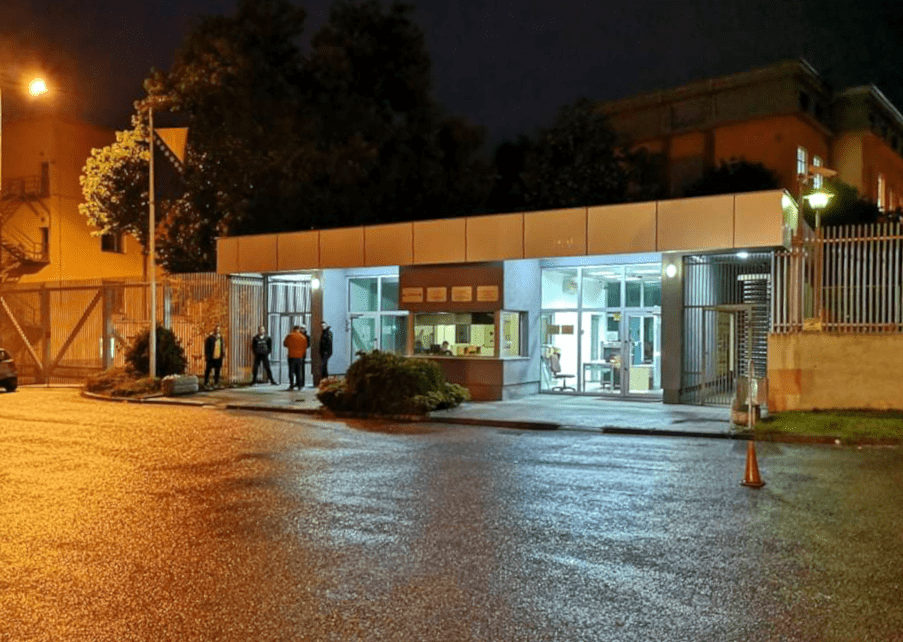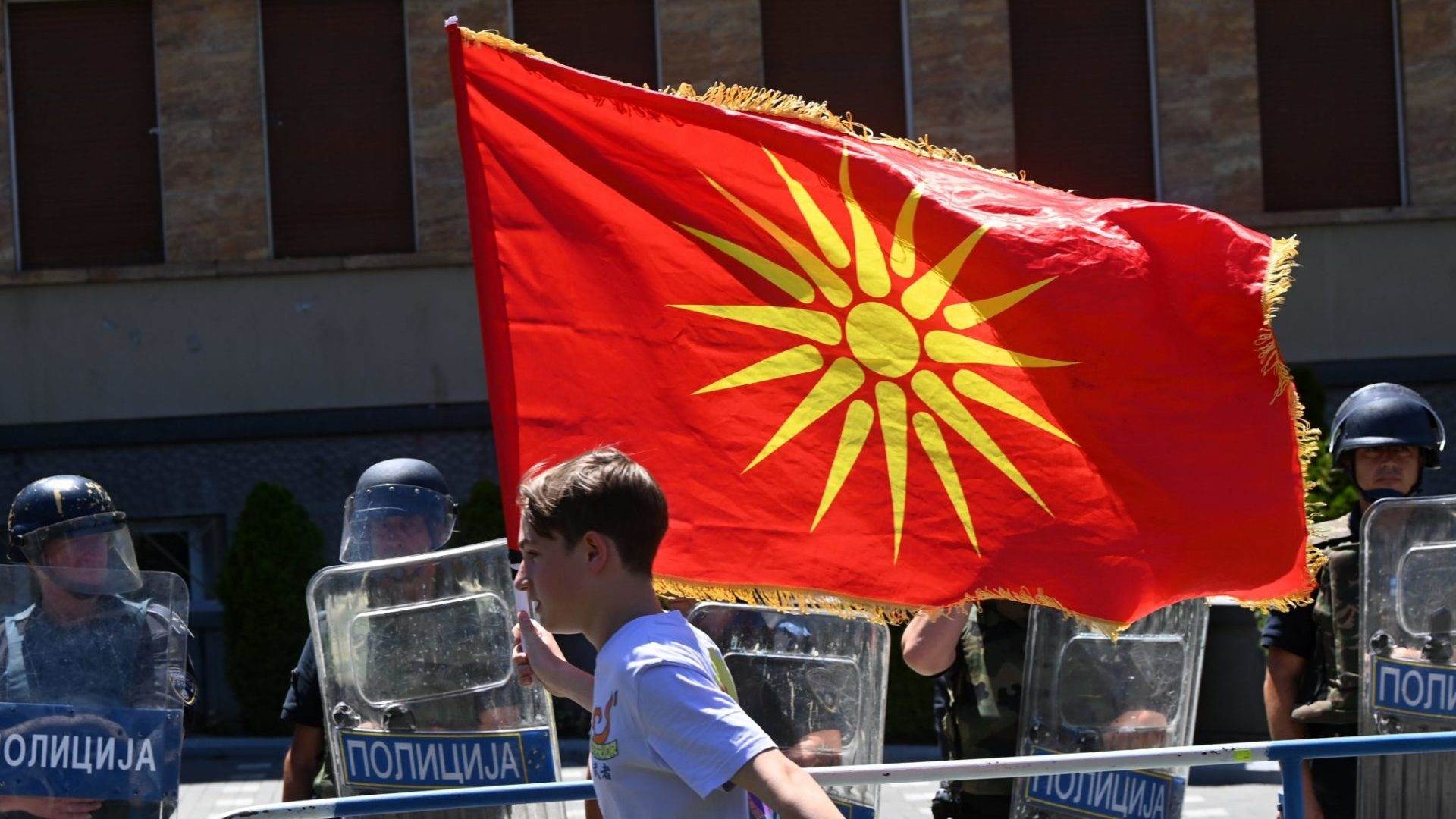This post is also available in: Bosnian
Vuga, retired lieutenant colonel with the former Yugoslav National Army, JNA, was invited to testify as Peric’s Defence expert witness and present his findings and opinion on the procedures carried out by security bodies of the Republika Srpska Army, VRS and particularly in relation to the happenings in the Zvornik Brigade in July 1995.
“Soldiers who were on the front line defended what was behind their backs and that was their families and houses. If those things were in danger, defending the frontlines would become pointless,” Vuga said.
Peric and Momir Pelemis are on trial on charges of genocide committed in Srebrenica. Pelemis, former Deputy Commander of the First Battalion with Zvornik Brigade, and Peric, his Assistant for Security, are charged with having participated in the murder of about 1,200 men from Srebrenica on Branjevo farm and about 600 men in the Cultural Centre in Pilica.
The indictment alleges that the detainees were first held in the Kula school building in Pilica. It further alleges that Peric, acting with Pelemis’ knowledge and under his command, found soldiers and deployed them to the area to guard it.
The expert witness said that the fact that so many prisoners were brought to the school building represented a security threat and Peric must have had insight into the situation.
“Reconnaissance groups could have released the prisoners…The Battalion Security Body had to assess whether the prisoners could be considered a threat and what type of threat and whether it could do anything if they ran away, as one always has to consider the worst case scenario,” Vuga explained.
He said that according to military rules, prisoners and the guarding of prisoners fall under the responsibility of the commander of the unit which captured the prisoners, until they are handed over to a superior unit.
“Prisoners could be escorted outside the zone where they had been captured, for instance from Srebrenica to a detention camp for prisoners of war in Batkovici, in three stages. It could be decided to hold them temporarily in the Zvornik Brigade’s zone of responsibility, but, in that case, they would be the responsibility of the body which decided to hold them there, and not the Zvornik Brigade,” Vuga said.
The trial is due to continue on Friday, April 1, when the Prosecutor will cross-examine the expert witness.
M.T.


